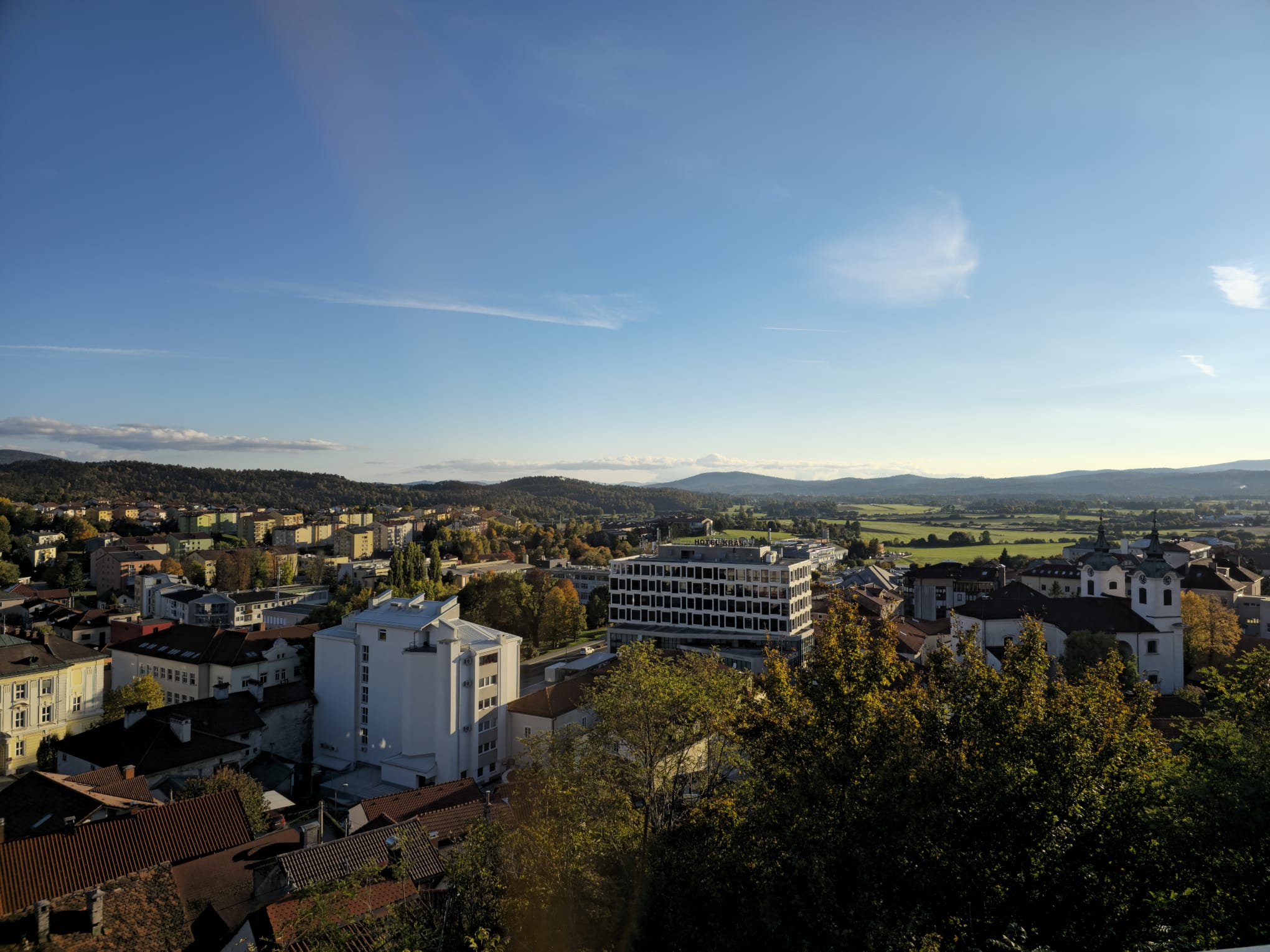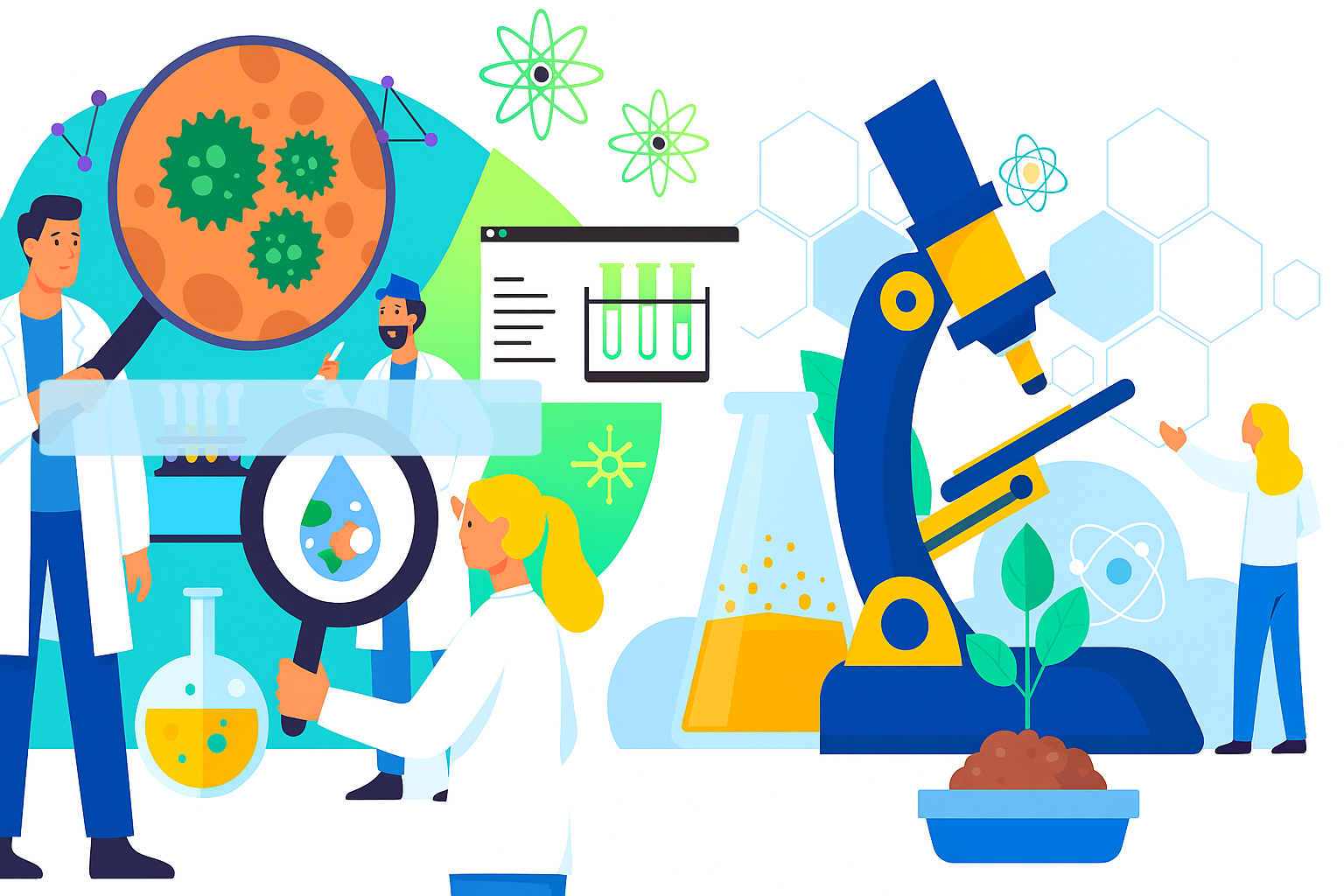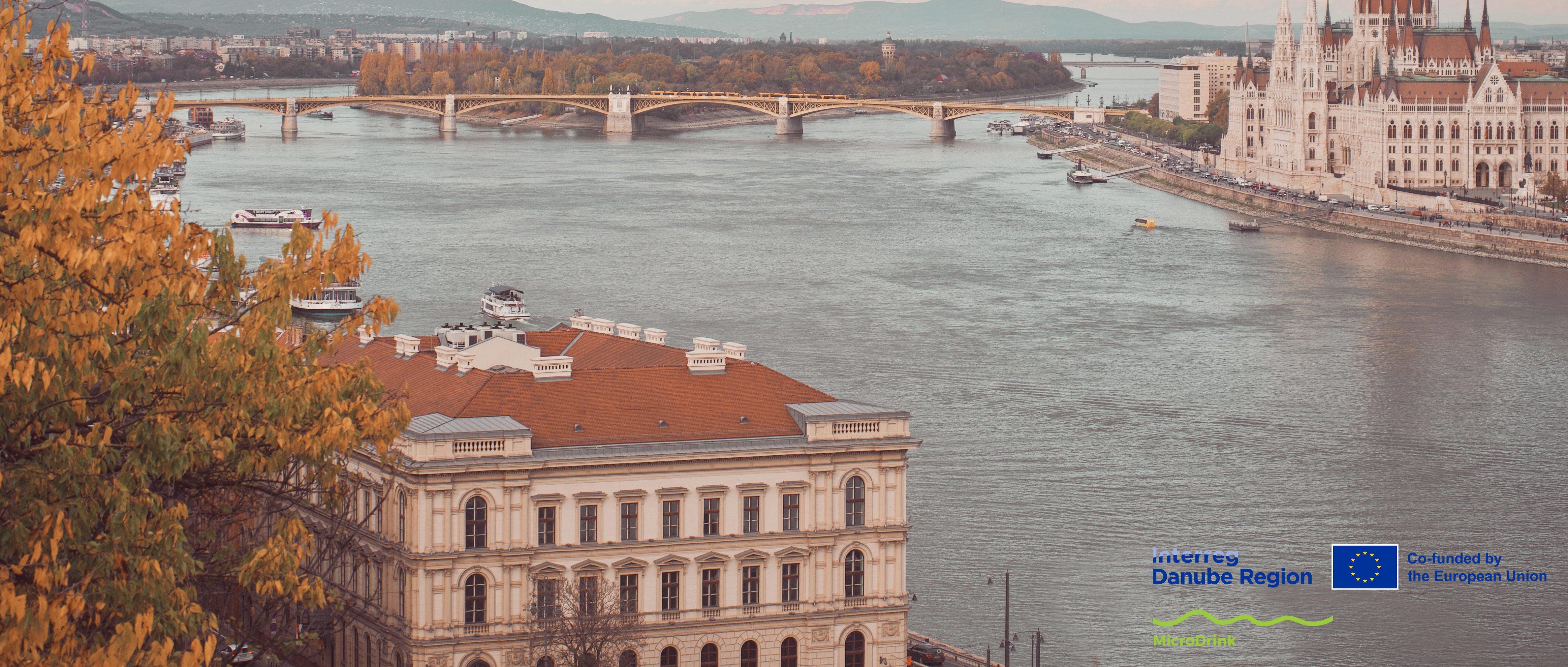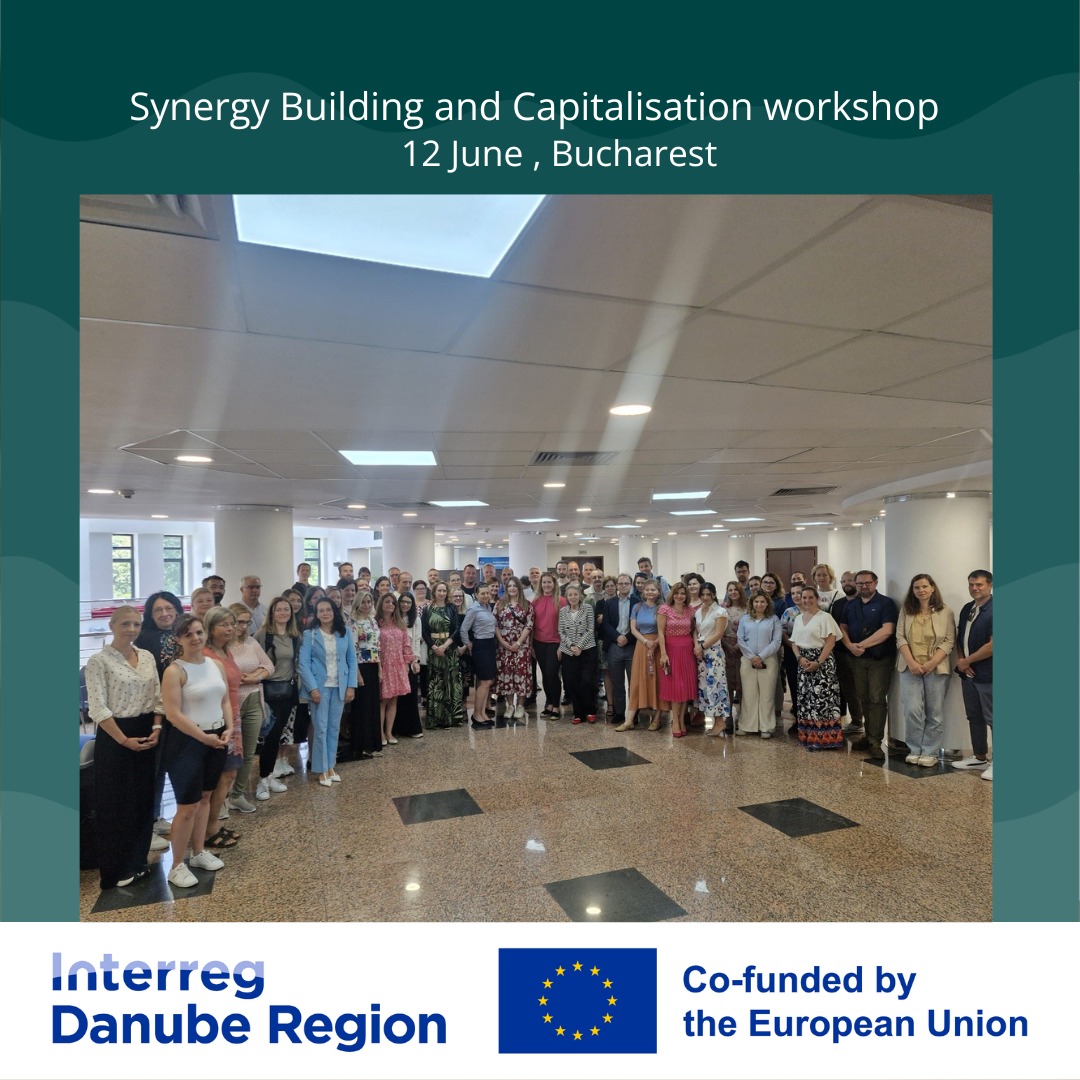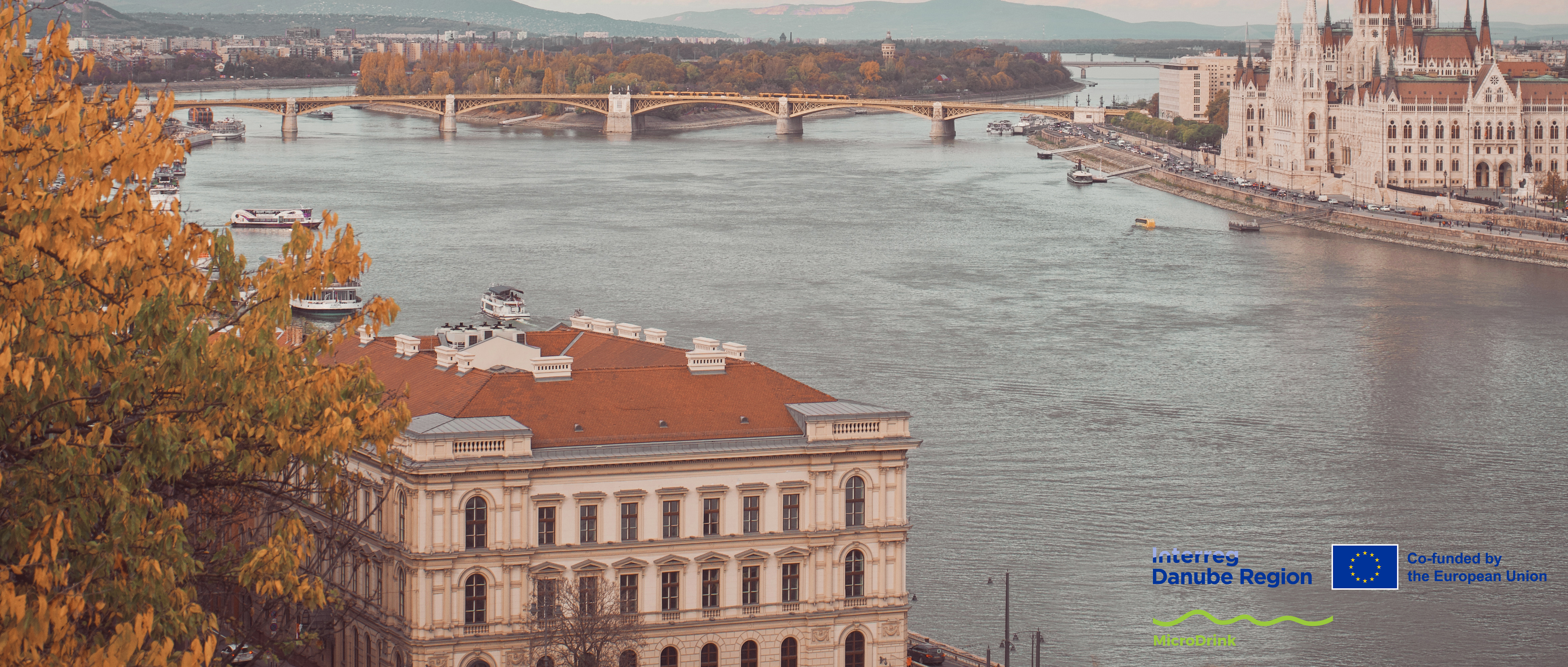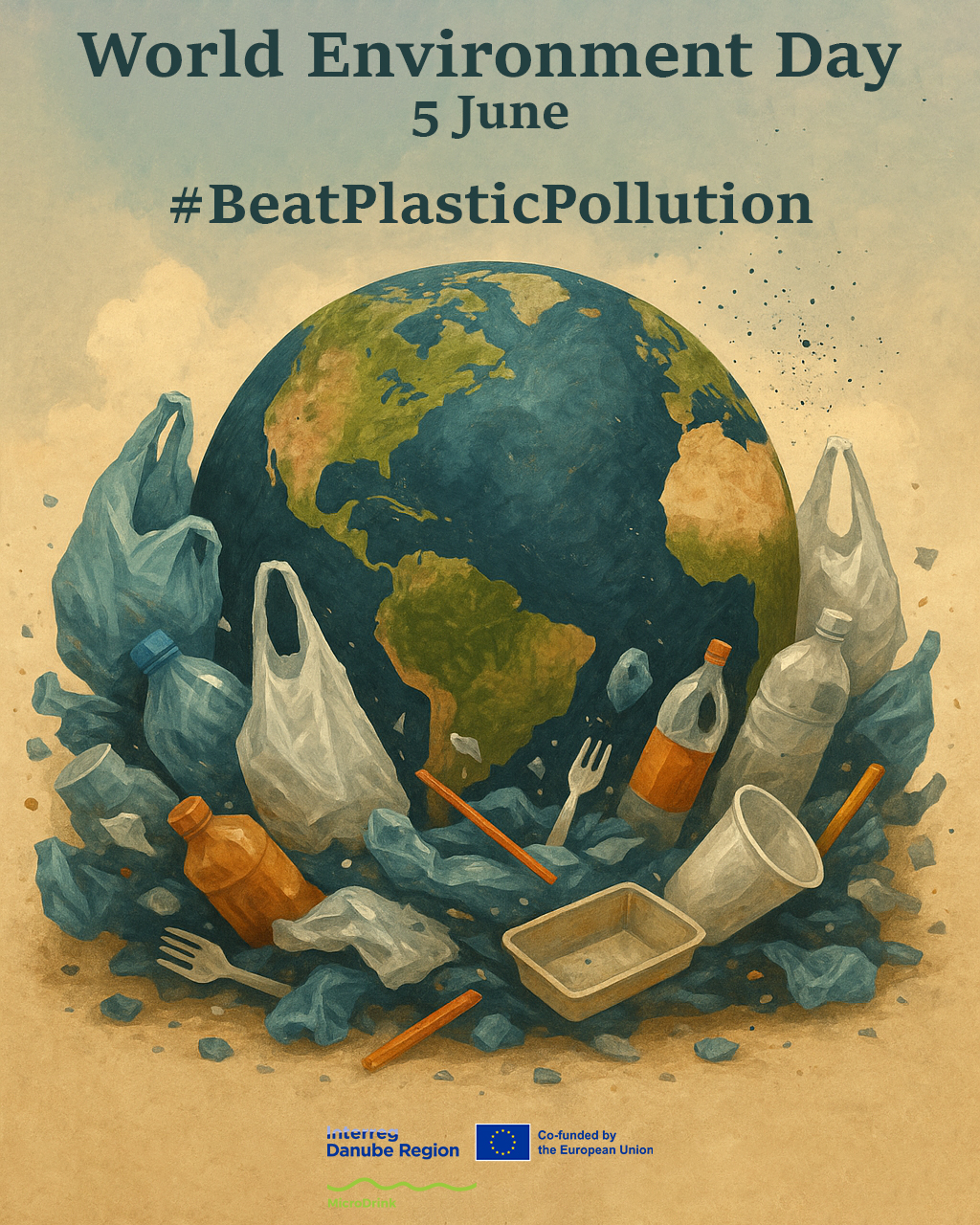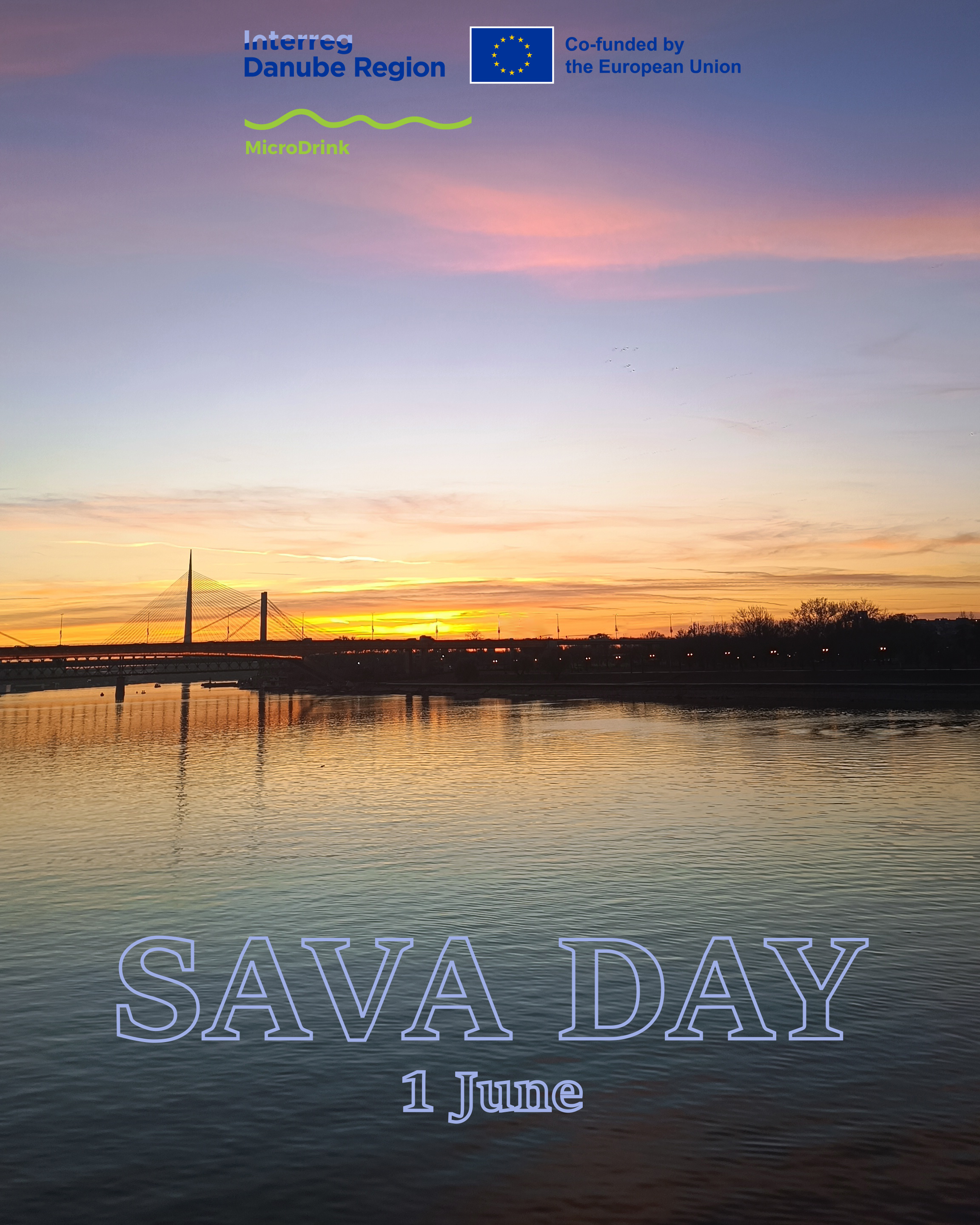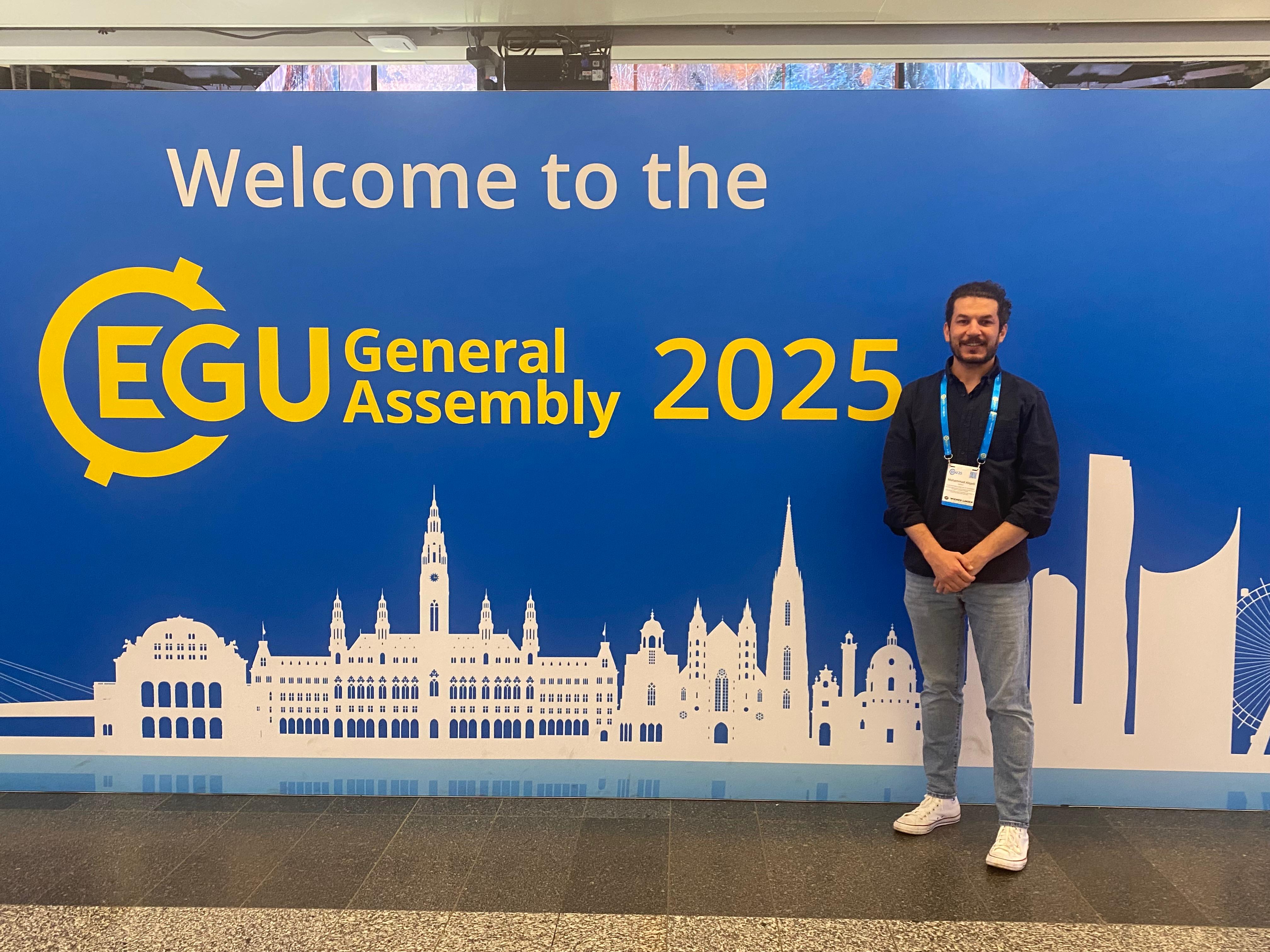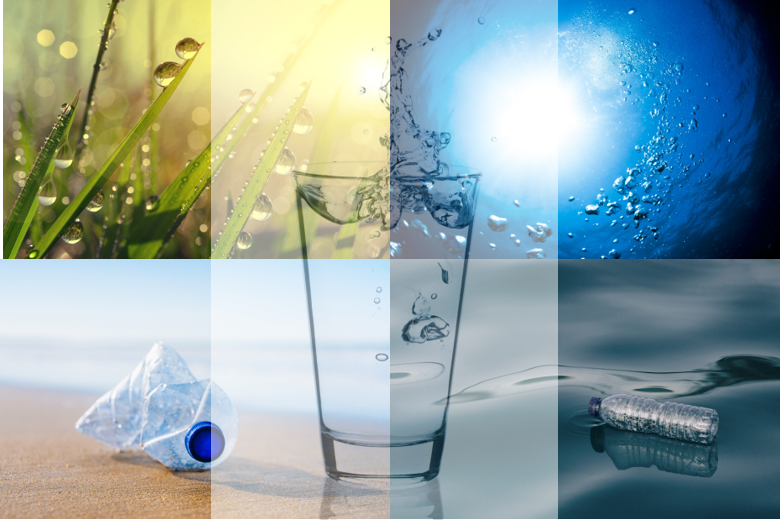
First National Stakeholder Workshops were successfully held
The First National Stakeholder Workshop of the MicroDrink project was intended to connect decision makers and policy makers with stakeholders, explore the needs and possibilities of water supply entities, existing legislation and potential problems in the implementation of the provisions of the EU Drinking Water Directive 2020/2184. Stakeholder Workshops were held in each individual state according to the dates in the Table.
Country | Place and Venue | Organizer | Date |
|---|---|---|---|
Croatia | Zadar, International Centre for Underwater Archaeology | Croatian Geological Survey and Institute of Public Health Zadar | 24 October 2024 |
Slovenia | Ljubljana, Faculty of Natural Sciences and Engineering | University of Ljubljana and Kovod Postojna Ltd. | 7 November 2024 |
Austria | Wien, Wiener Volksliedwerkes | Environment Agency Austria | 7 November 2024 |
Germany | Neufahrn bei Freising, Zweckverband Wasserversorgungsgruppe Freising-Süd | Friedrich-Alexander-Universität Erlangen-Nürnberg | 13 November 2024 |
Czech Republic | Brno, VUV TGM | T. G. Masaryk Water Research Institute | 26 November 2024 |
Hungary | Budapest, Eurofins Anonymus Campus | Eurofins Analytical Services Hungary Kft | 3 December 2024 |
Serbia | Belgrade, Faculty of Mining and Geology | Faculty of Mining and Geology and Public Utility Service Company “Drugi oktobar” Vršac | 15 November 2024 |
Bosnia & Herzegovina | Mostar, Hotel "Mostar" | Institute for Public Health of the Federation Bosnia and Herzegovina | 13 December 2024 |
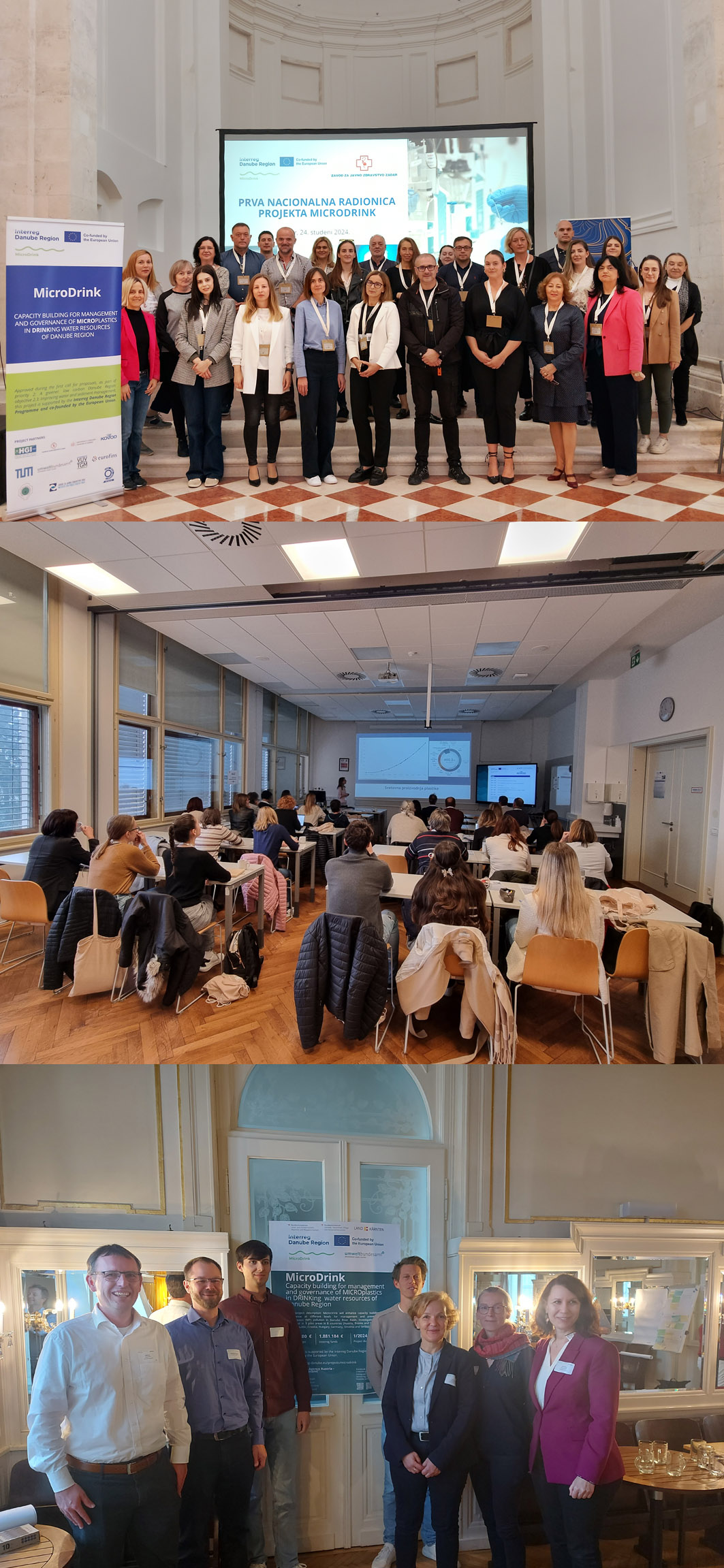
The workshop explored stakeholder experiences and opinions on all aspects of sampling and analyzing microplastics in drinking water. It identified the needs, opportunities, and challenges faced by water supply operators and examined potential obstacles to implementing the new EU Drinking Water Directive 2020/2184.
The workshops were well-prepared and organized, with timely invitations and sufficient prior information provided, as confirmed by over 90% of participant responses.
Stakeholders often take personal actions to address the issue of microplastics, including recycling, reducing the use of single-use plastics, making better purchasing choices, and using glass or metal containers instead of plastic for food and drinks. Almost all participants stressed the lack of data, particularly when compared to the level of concern and urgency regarding the microplastics issue.
During discussions, stakeholders primarily emphasized the lack of publicly available research on microplastics and the limited public awareness of the associated risks. Participants also discussed the difficulties in implementing regulations and legislation during the workshops. Given the growing awareness and concern about microplastics, participants agreed on the need for legislation and policies to address the issue.
Stakeholders identified several issues related to microplastics, including the lack of a reference method, the difficulty of working with microplastics, challenges in standardizing microplastic analysis, the inaccessibility and high cost of reference materials, insufficient analytical equipment and laboratory capacity, and the high cost of analyses.
Additionally, stakeholders face challenges with unreliable analytical methods, including issues with filter sizes, pore sizes, filter clogging, sample preparation, insufficient sample volumes, and uneven particle distribution due to low volumes.
The workshops concluded that additional research is urgently needed, along with increased funding to support these efforts given the high costs of such research. Improved communication and collaboration among researchers are essential, as data is often inaccessible and information is rarely shared or freely available.
Stakeholders expressed optimism that the MicroDrink Knowledge Base will serve as a valuable and user-friendly resource for accessing the latest knowledge on microplastics.
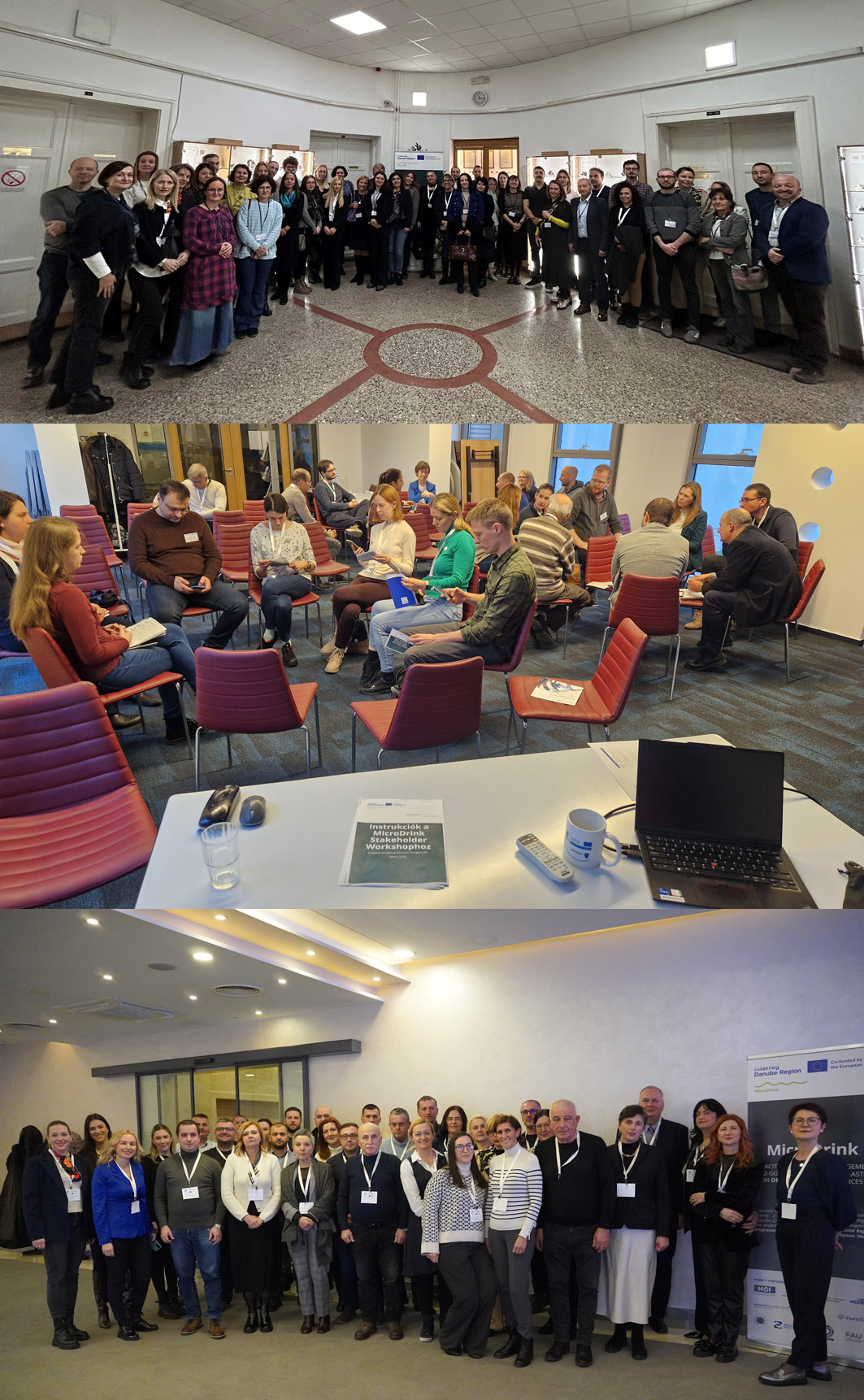
News & Events
Read the most recent updates and explore the upcoming events.


